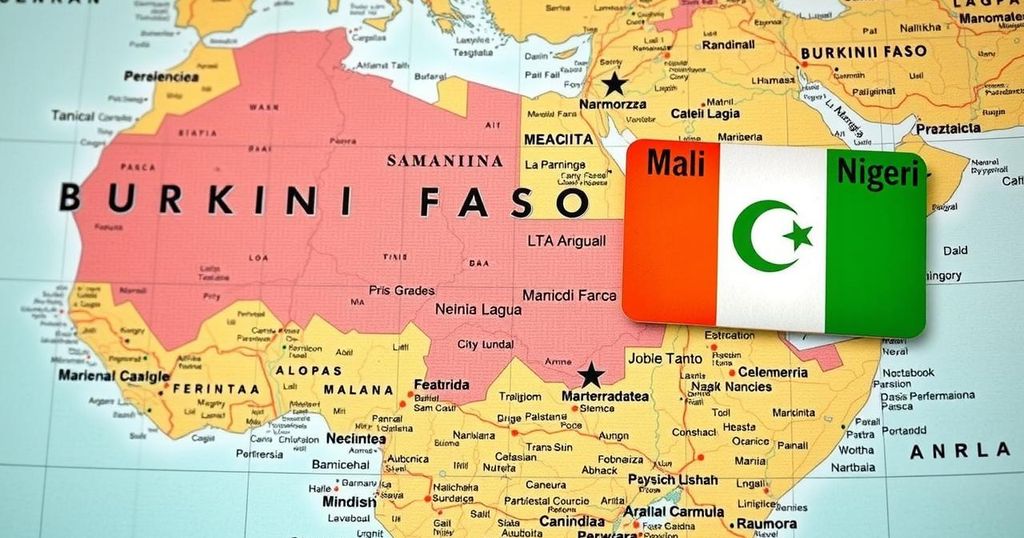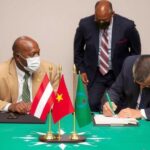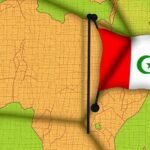Politics
AFRICA, ALLIANCE OF SA, ALLIANCE OF SAHEL STATES, ASIA, ASS, ASSIMI GOÏTA, BASS, BASSIROU DIOMAYE FAYE, BURKINA FASO, CHINA, COUP, ECO, ECONOMIC INTEGRATION, ECOWAS, EUROPE/ASIA, MALI, MILITARY COUP, NIAMEY, NIGER, NIGERIA, REGIONAL AFFAIRS, REGIONAL COOPERATION, RUSSIA, WEST AFRICA
Omar El-Sharif
Burkina Faso, Mali, and Niger Announce Visa-Free Travel Amid ECOWAS Withdrawal
Burkina Faso, Mali, and Niger have announced plans for visa-free travel among their citizens and intend to withdraw from ECOWAS in January. The leaders of these military-led states emphasize the importance of historical ties, even as their departure threatens to diminish ECOWAS’s demographic and geographical scope significantly. Their move towards establishing a new bloc, the Alliance of Sahel States, reflects a shift in regional politics amidst tensions resulting from military coups and external alliances.
The leaders of Burkina Faso, Mali, and Niger have declared a new framework for visa-free travel and residency rights within the 15-member Economic Community of West African States (ECOWAS), as they prepare to exit the bloc. This initiative aims to reinforce historical connections among the populations of these nations, according to the military leaders, who emphasized their commitment to camaraderie. The countries plan to withdraw from ECOWAS in January following a refusal to comply with demands to restore democratic governance.
A ministerial meeting held in Niger culminated in a joint statement affirming the irrevocability of their decision. This unprecedented separation will result in the loss of approximately 76 million inhabitants from the bloc’s total population of 446 million, significantly impacting its geographical representation. Despite dissent from ECOWAS, characterized by the condemnation of military coups in these countries, Burkina Faso, Mali, and Niger continue to advance towards establishing the Alliance of Sahel States while underscoring their intention to maintain diplomatic relations despite their departure.
This article highlights the evolving political landscape in West Africa following military coups and the subsequent response from ECOWAS. Historically, ECOWAS has been a regional body promoting democratic governance and economic cooperation among its member states, which has been challenged by the rise of military regimes. The leaders of Burkina Faso, Mali, and Niger have taken a decisive step towards severing ties with ECOWAS, signaling a major shift in regional dynamics, amidst growing tensions over governance and foreign alliances, notably an increased reliance on Russian support against insurgencies.
The decision by Burkina Faso, Mali, and Niger to initiate visa-free travel and announce their exit from ECOWAS marks a significant moment in the region’s political history. As they form their new bloc, the Alliance of Sahel States, the implications for regional unity, economic stability, and diplomatic relations remain critical. The actions of these military-led governments reflect a broader trend of political realignment away from traditional Western alliances towards new partnerships, particularly with nations like Russia.
Original Source: www.bbc.co.uk








Post Comment